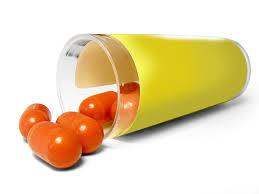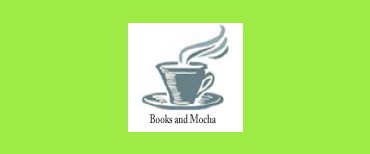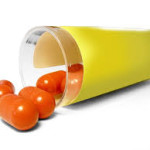We’re Overdosing on Medicine

We’re Overdosing on Medicine
We’re overdosing on medicine – it’s time to embrace life’s uncertainty.
Senior Research Fellow at Bond University
August 2, 2015 4.09pm EDT
Biomedical science has made our lives immeasurably better, but it’s time to accept that too much medicine can be as harmful as too little.
Disclosure statement
Ray Moynihan is helping organize the Preventing Overdiagnosis conferences. He wrote this article in close collaboration with Dr Iona Heath. Bond University does not not contribute to the cost of running The Conversation. Find out more
The more we learn about the problem of too much medicine and what’s driving it, the harder it seems to imagine effective solutions. Winding back unnecessary tests and treatments will require a raft of reforms across medical research, education and regulation.
But to enable those reforms to take root, we may need to cultivate a fundamental shift in our thinking about the limits of medicine. It’s time to free ourselves from the dangerous fantasy that medical technology can deliver us from the realities of uncertainty, ageing and death.
We’re all ill now
A growing body of evidence shows that when it comes to health care, we may simply be getting too much of a good thing. In the United States, it’s estimated that more than US$200 billion a year is squandered on unnecessary tests and treatments. In the United Kingdom, senior medical groups are calling on doctors to reduce all the wasteful things they do. And in Australia, the Choosing Wisely campaign recently kicked off with lists of unnecessary and harmful health care.
Not only are we overusing pills and procedures, we’re creating even more problems with “overdiagnosis” by labelling more and more healthy people with diseases that will never harm them.
Screening programs targeting the healthy can detect potentially deadly cancers and extend lives. But they can also find many early abnormalities that are then treated as cancers, even though they would never have caused anyone any symptoms if left undetected.
The common ups and downs of our sex lives are often re-labelled as medical dysfunctions. Older people who are simply at risk of future illness – those with high cholesterol, for instance, or reduced kidney function, or low bone mineral density – are portrayed as if they were diseased.
The doctors expanding disease definitions and lowering the thresholds at which diagnoses are made are often being paid directly by the companies that stand to benefit from turning millions more people into patients.
It’s time to free ourselves from the dangerous fantasy that medical technology can deliver us from the realities of uncertainty, ageing and death.
What’s driving all this excess is a toxic combination of good intentions, wishful thinking and vested interests – fuelled by sophisticated diagnostic technology that often offers the illusion of more certainty about the causes of our suffering. It’s as if we’re seeking technical fixes for the fundamental reality of human existence – uncertainty, ageing and death.
Fundamental shifts in thinking
Indeed, intolerance of uncertainty has been suggested as among the most important drivers of medical excess. Doctors order ever more tests to try, often in vain, to be sure about what they’re seeing – to be more certain. But disease and the benefits and harms of treating it are inevitably fraught with uncertainty because we’re trying to apply…

